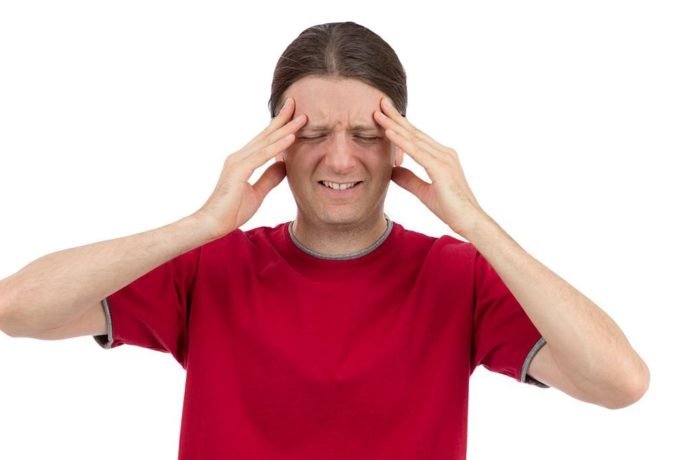
Giddiness or dizziness can be caused by a variety of factors, such as low blood pressure, dehydration, inner ear disorders, anxiety, or medication side effects. Treatment for giddiness depends on the underlying cause.
Here are some general tips to help alleviate giddiness:
Avoid sudden movements: Avoid sudden changes in position, such as standing up quickly or turning your head suddenly.
Mindfulness meditation: This practice involves focusing your attention on the present moment, observing your thoughts and sensations without judgment. Sit comfortably, close your eyes, and pay attention to your breath. If your mind wanders, gently bring your focus back to your breath.
Address anxiety: If anxiety is causing your giddiness, consider talking to a therapist or trying relaxation techniques, such as deep breathing or meditation.
Rest and relaxation: If your giddiness is due to fatigue or stress, taking time to rest and relax can be beneficial. Ensure you’re getting enough sleep and try incorporating stress-reducing activities into your routine, such as deep breathing exercises, meditation, or yoga.
Vestibular exercises: If your giddiness is related to a vestibular or inner ear issue, certain exercises can help improve balance and reduce symptoms. These exercises can be recommended by a physical therapist or vestibular rehabilitation specialist.
Stress management: Giddiness can sometimes be triggered or worsened by stress or anxiety. Explore stress management techniques like mindfulness, relaxation exercises, or talking to a therapist to address any underlying stressors.

